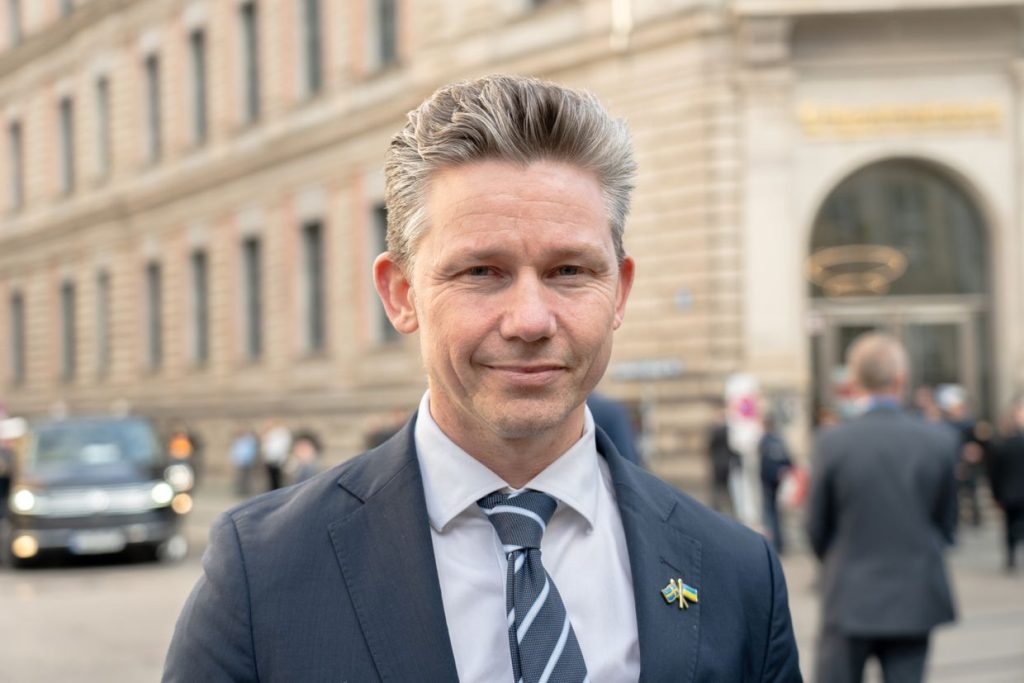In March 2024, Sweden officially became NATO’s 32nd member state after a lengthy application process triggered by Russia’s full-scale invasion of Ukraine. This move came at a turbulent time in European security, with Russia advancing in Ukraine and European leaders openly discussing the threat of war. Despite not yet being a member state, Sweden has been actively supporting Ukraine by sending military equipment such as the Archer self-propelled howitzer and CV90 infantry fighting vehicle. Sweden is also home to one of Europe’s largest producers of 155mm artillery shells, with plans to increase production to support Ukraine further.
As NATO’s newest member, Sweden’s Defense Minister Pal Jonson discussed the significance of joining the alliance, stating that it will enhance Sweden’s security and contribute to NATO’s strength. He highlighted the interoperability of Sweden’s armed forces with NATO and the importance of being covered by Article 5 and NATO’s common defense planning. Sweden’s decision to join NATO was influenced by Russia’s invasion of Ukraine, which highlighted the need for increased security measures in the region.
Following a meeting with President Zelensky in Ukraine, discussions were held about future joint production and weapon initiatives between Sweden and Ukraine. Plans include collaboration in areas such as drones, artillery, and vehicle production. Sweden is also involved in efforts to increase the production of artillery shells in Europe, working with countries like the Czech Republic to provide swift support to Ukrainian forces. Sweden is exploring opportunities for joint procurement with Nordic and Baltic countries to ramp up production and ensure a stable supply of essential military equipment.
The Swedish government is actively working to support Ukraine in its defense against Russian aggression, with initiatives to increase the production of essential military equipment such as artillery shells. Sweden’s collaboration with other European countries and NATO members reflects a unified effort to bolster Ukraine’s defense capabilities and combat Russian aggression. Discussions are ongoing about potential collaborations in areas such as drone production and joint procurement, emphasizing the importance of international solidarity in the face of conflict.
As Sweden continues to support Ukraine in its defense efforts, discussions are underway about providing additional military equipment, including the possibility of Swedish-built Gripen fighter jets. While deliberations are ongoing within the fighter jet coalition, Sweden remains committed to supporting Ukraine’s defense needs. The international community’s response to the conflict in Ukraine underscores the importance of solidarity and collaboration in addressing security challenges and supporting countries facing aggression.
In a time of increased instability and uncertainty, the need for independent journalism to report on critical developments and provide accurate information is more crucial than ever. By supporting independent journalism in Ukraine and around the world, individuals can contribute to raising awareness and facilitating accountability in times of crisis. The evolving situation in Ukraine highlights the importance of reliable reporting and the role of media in informing the public and shaping international responses to conflicts.















